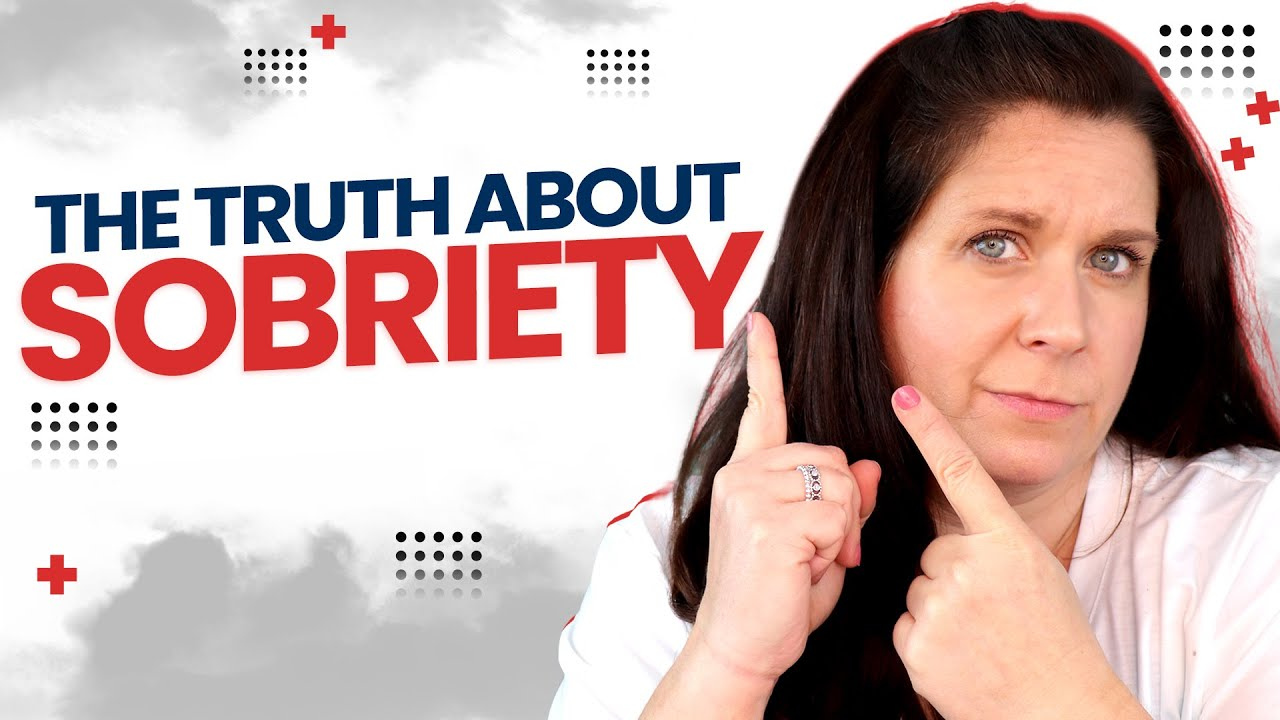What Really Happens When You Stop Drinking Alcohol
What to Expect When You Quit Drinking: A Realistic Guide
We're diving into a topic that's close to my heart – quitting alcohol. If you've been contemplating giving up alcohol and are wondering what to expect, you're in the right place. It's a significant decision, and I want to give you a realistic perspective on this journey.
1. The Fear of Boredom:
One of the most common concerns people have when considering quitting alcohol is the fear that life will become boring and uneventful. After years of relying on alcohol to find joy and happiness, the prospect of living without it can be daunting. But here's the truth – quitting alcohol often leads to regaining the ability to experience genuine joy and pleasure. Alcohol may have been the very reason your life felt mundane in the first place.
2. The Fear of Missing Out:
Another common worry is the fear of missing out on social events and activities. While it's true that your interests and preferences might change, and you may no longer enjoy some of the things you did while drinking, you'll discover new activities that bring you joy. Moreover, you'll miss out on the negative experiences, like embarrassing moments and hangovers, which you won't regret leaving behind.
3. Impact on Anxiety and Sleep:
Many people use alcohol to cope with anxiety, but they might not realize how much alcohol exacerbates their anxiety. After quitting, it's common to feel better emotionally, and experience decreased anxiety levels. Alcohol may provide short-term relief, but the long-term effects on anxiety and sleep can be quite detrimental.
4. Improved Relationships:
Alcohol often takes a toll on relationships, leading to misunderstandings, arguments, and emotional distance. Surprisingly, when you quit drinking, you'll often find that your relationships improve. Your newfound clarity, emotional stability, and improved communication can transform your connections with loved ones.
5. Fear of Judgment:
The fear of being judged or misunderstood by others when you stop drinking can be a significant concern. However, in reality, people are often intrigued or supportive when you share your journey to sobriety. Opening up about your experiences can also create a safe space for others to discuss their struggles with alcohol.
In the early stages of quitting, it's common to experience withdrawal symptoms, but this shouldn't be confused with how sobriety feels. As you progress, you'll notice a gradual improvement in your overall well-being. Your mood will become more stable, your energy levels will rise, and your relationships will flourish. You'll feel proud of your accomplishments, and your perspective on your past drinking habits may shift from misery to clarity.
If you're committed to quitting alcohol and concerned about maintaining your resolve, consider using Soberlink, a portable alcohol monitoring device. Soberlink helps hold you accountable and provides peace of mind to your loved ones. It removes the internal struggle about whether to have "just a few" and enables you to focus on your path to recovery.
In conclusion, quitting alcohol is a transformative journey that can lead to a happier, healthier, and more fulfilling life. The initial challenges are worth the incredible rewards of improved mental and physical health, better relationships, and personal growth. If you've already embarked on this journey, please share your experiences in the comments. Your insight and support can inspire others on their path to sobriety.
Amber Hollingsworth
👉🏻 Learn more about Soberlink: https://soberlink.webflow.io/amber
Struggling to overcome reluctance to get sober? Watch this next:
Overcoming Reluctance:
Finding the Courage to Get Sober


